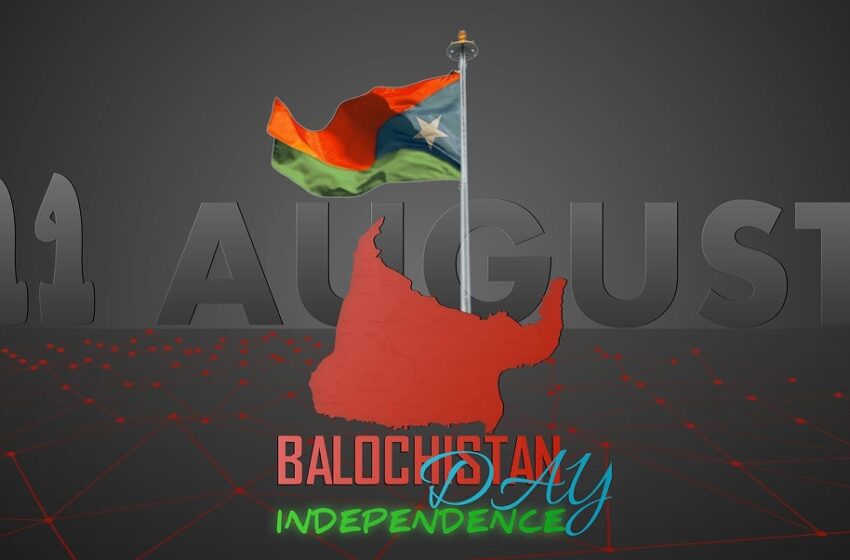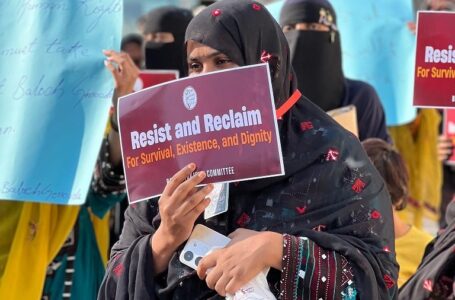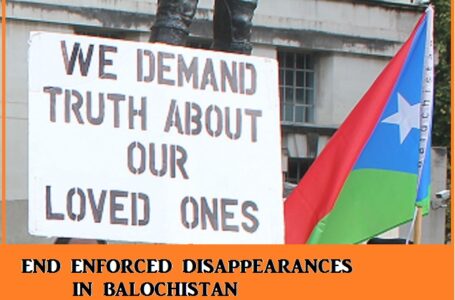The Case for a Free Balochistan: A Catalyst for Regional Stability and Prosperity
August 11 Independence Day Of One Portion Of Balochistan: FBM

London, August 11, 2024 — The Free Balochistan Movement (FBM) has issued a statement marking August 11 as a pivotal day in the history of Balochistan, commemorating it as the day when a portion of Balochistan gained independence from British colonial rule in 1947. This date is celebrated as a testament to the enduring spirit of Baloch resistance and the recognition of Baloch national sovereignty.
The spokesperson for the FBM highlighted that on August 11, 1947, British authorities conceded to the continued resistance of the Baloch people, acknowledging the independence of the eastern part of Balochistan. This achievement, secured through collective struggle against British imperialism, symbolises the Baloch nation’s refusal to accept subjugation and its persistent quest for freedom.
In the statement, the spokesperson stressed that nations engaged in continuous resistance against occupiers should not perceive themselves as enslaved. Enslavement is marked by the acceptance of occupation—a condition that blurs the line between the oppressed and the oppressors. The Baloch have historically opposed various forms of foreign control, from British imperialism to Iranian colonialism (aided by the British), and subsequent Pakistani encroachments.
The statement further elaborated on the significance of the Baloch national resistance against Iranian occupation. Despite facing significant power imbalances, the Baloch people have steadfastly refused to cede any part of their land, continuously striving to reclaim their territory. This resistance is deeply rooted in the Baloch nation’s history and is seen as a continuation of the struggle that led to the recognition of Balochistan’s independence in 1947.
The spokesperson stressed that the Baloch nation has consistently maintained its resolve against various occupiers, whether they were past colonial powers or current adversaries like Iran and Pakistan. This unwavering determination reflects the Baloch nation’s commitment to freedom and sovereignty.
The statement also addressed the challenges faced by the Baloch people, noting that some individuals, driven by weakness and poverty, might mistakenly view occupiers as saviours. However, historical evidence suggests that occupying powers often work to suppress resistance rather than support the occupied. The statement cited past collaborations between Pakistan and Iran to quell the Baloch resistance as proof of this harsh reality.
In conclusion, the Free Balochistan Movement called for unity among the Baloch people, urging them to draw inspiration from the spirit of resistance that led to independence from British rule on August 11, 1947.
The FBM emphasised that, just as the Baloch nation overcame colonial occupation in the past, it can also overcome current occupations by Iran and Pakistan. The commemoration of August 11 serves as a reminder that through unity and resilience, the Baloch people can achieve their ultimate goal of freedom and sovereignty.










